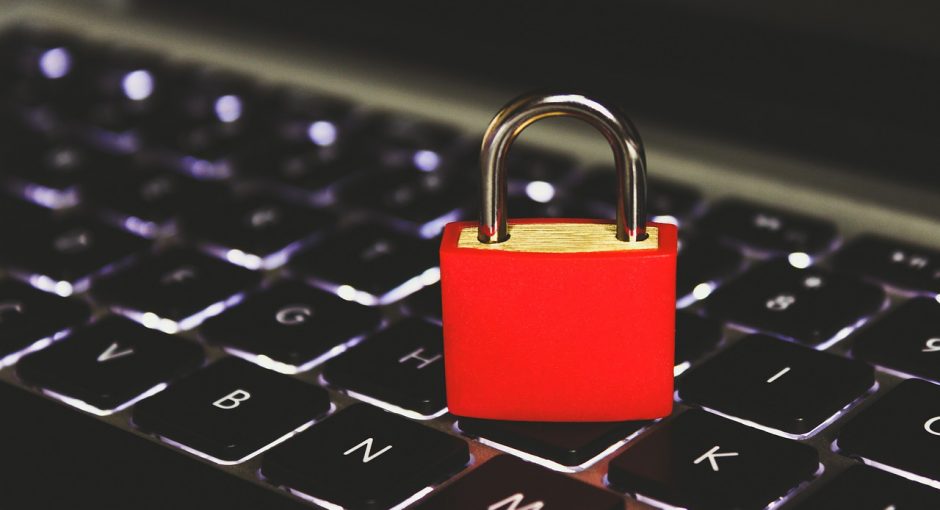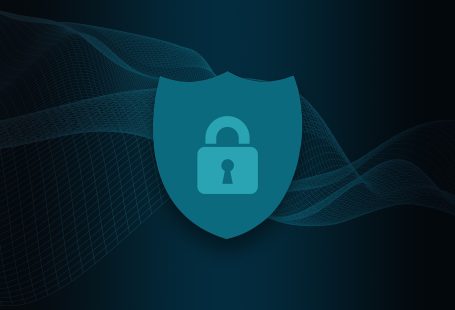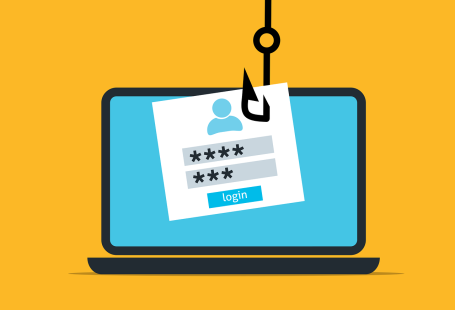What are components of digital privacy? For anyone considering information technology security, these are some of the questions that need to be asked. Digital privacy and Digital Security are very much connected, yet they are also different and require different considerations.
Digital privacy and Digital Security go hand in hand, however, Digital security is considered by many to be more important. There are several reasons for this. Digital privacy addresses issues such as guarding against identity theft and ensuring that sensitive data is not compromised.
Digital security is also an important consideration in the business sector. Data security is addressed through Digital certificates and Digital signatures. The certificates and signatures act as a proof of authenticity that ensures data is safe. Digital certificates make it possible to verify the information stored in a database. Digital certificates provide the necessary safety that information needs to ensure the proper handling of that information and the protection of company confidential information.
Digital privacy and Digital Security go hand in hand when it comes to electronic data. The transmission of electronic data, also known as e-mails, faxes, voice, and files are some of the most commonly transmitted forms of communication today. E-mail Digital Security means that any electronic data sent across a network can be checked for quality and security. Digital certificates provide a way for trustworthy information to be transmitted across an electronic network. Digital certificates can usually be verified by any authorized party, which helps prevent hacking or identity theft.
Digital privacy and Digital Security are also intertwined when it comes to securing networks. Digital privacy security systems often include Digital certificates and Digital signatures to enhance security. Digital certificates are embedded into documents, images, videos, and other types of digital files. Digital signatures are digitally encoded strings of alphanumeric characters that serve as a security measure.
An example of a digital signature is the barcode used in retail stores. Barcodes are used to identify products and items, and they help in reducing loss and fraud. Digital certificates, on the other hand, are digital proofs that the electronic data sent is safe. Digital certificates are often used as proof of identity, which helps in the prevention of identity theft. Digital certificates also make it possible for a business to prove that the person sending the email or file is who they claim to be.
The internet, email, and video conferencing are all examples of digital channels of communication. Digital privacy and digital security experts work together to secure these channels for the protection of client information and customer transactions. Digital certificates help to prove that a particular file is authentic. Digital certificates are used in digital media to provide evidence of authenticity. Digital certificates can also be used as proof of digital privacy and digital security.
What are components of digital privacy? Digital privacy is one of the latest developments in the world of computer technology and communications. Digital privacy is made possible through the implementation of digital signature, digital security, digital certificates, and digital signatures. Digital security makes it possible to protect private information while still providing accessibility to the information.
Digital signature is a way to authenticate the sender of an electronic message. Digital signature makes it possible to provide a digital proof of authenticity to a message before the message is transmitted over an insecure channel such as a computer network or the internet. In electronic mail, a digital signature is added to the end of a message before it is stored on a server, which provides a secure “backup” of the message before it is transmitted over the internet. Digital certificates provide electronic mail users with evidence of the authorization that they had requested.
Digital certificates provide security to a website by proving to the website owner that the site has not been hacked into. Digital certificates may also be required for sensitive documents. Digital security is also used in digital signatures. Digital signatures are used as verification features in emails. Digital certificates provide electronic mail users with evidence of the authorization that they had requested.
Digital privacy can protect against the misuse of digital content, including stealing or hacking of a user’s electronic documents. This prevents the irresponsible disclosure or use of personal information online or off-line, including the theft of money through fraud and identity theft. Digital privacy is also needed to protect children from exposure to harmful pornographic material on the internet. Digital privacy helps children understand the dangers that are related to using the internet. Digital privacy helps parents protect their children from predatory online content, which is often inappropriate for their age.
There are a variety of other benefits that digital privacy can provide. Digital privacy can help users manage their own information. Digital privacy can help a business to safeguard its brand name by preventing its logo from being used in an offensive manner. Digital privacy also provides user protection from spam by ensuring that only the intended recipient can receive the electronic message.
Image by Free stock photos from www.rupixen.com from Pixabay
























